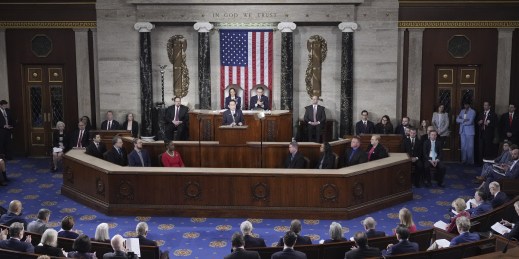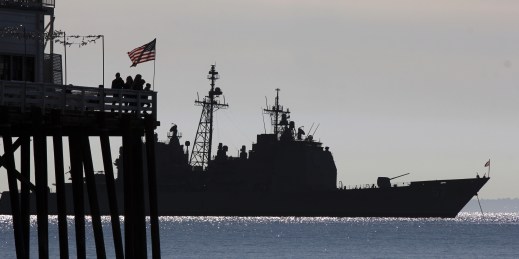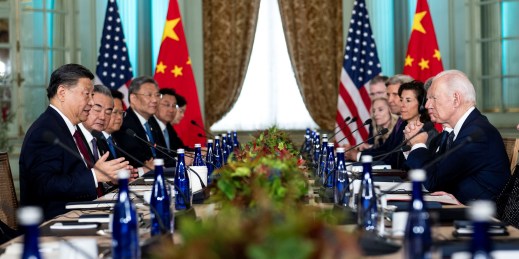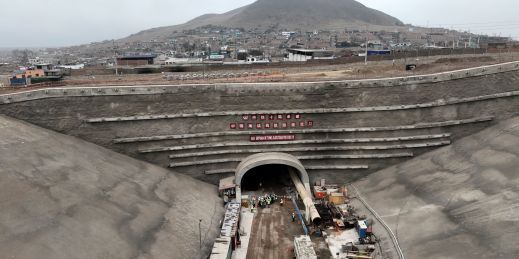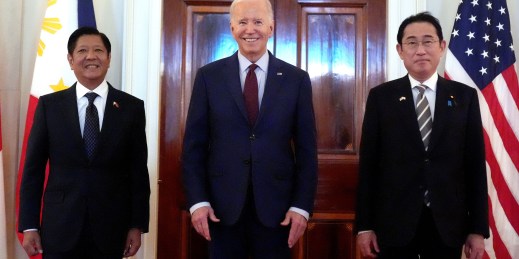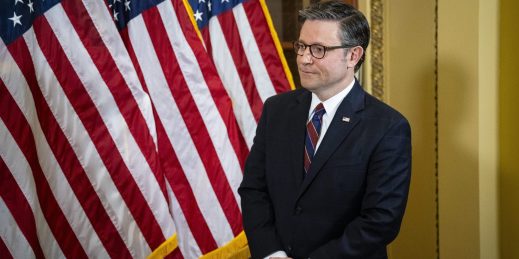
“America always does the right thing, after exhausting all other possibilities.” Those words, attributed to Winston Churchill, perfectly capture what finally transpired late last week, when the U.S. Congress finally passed a series of supplemental defense spending bills earmarking military aid for Ukraine, Israel and Taiwan.

